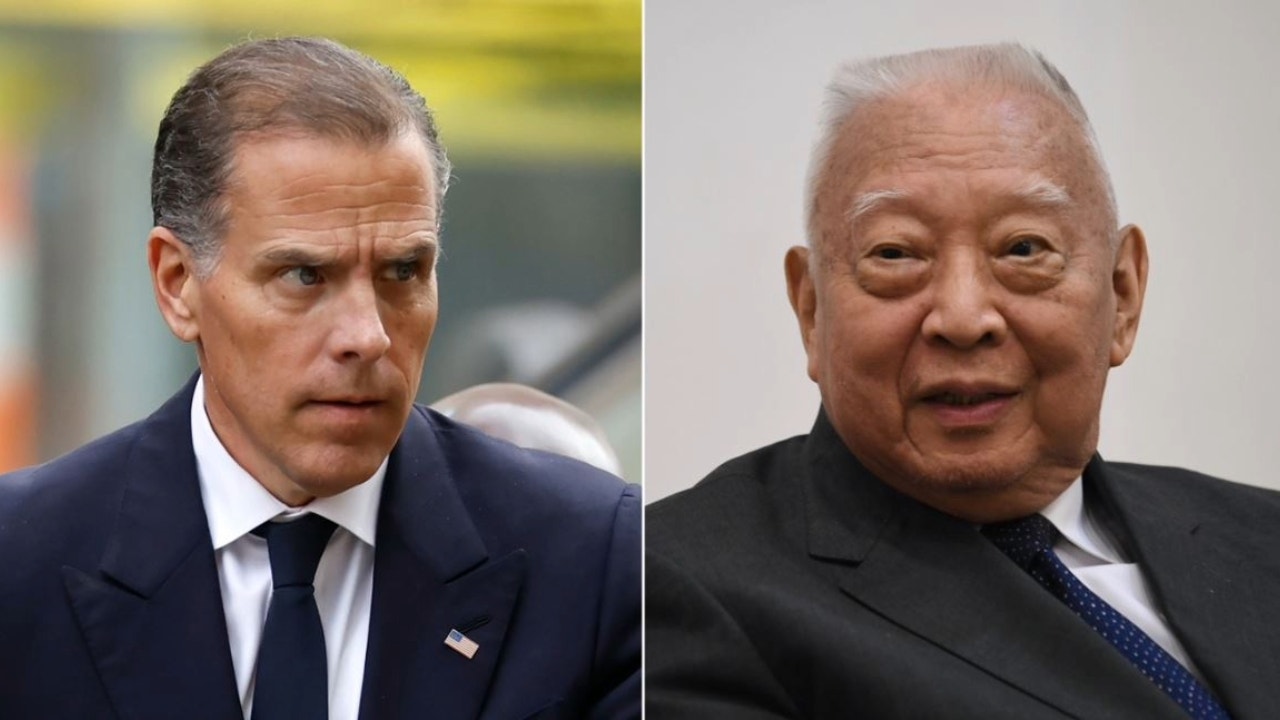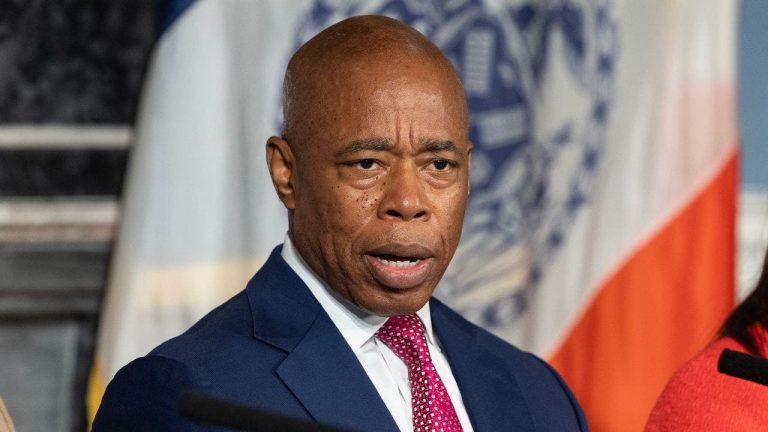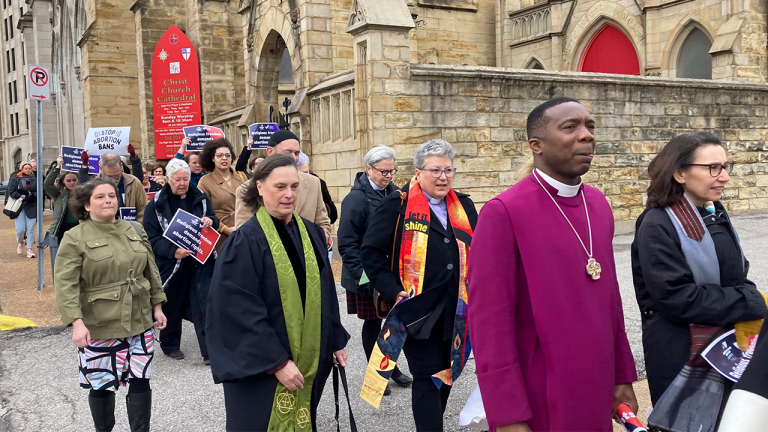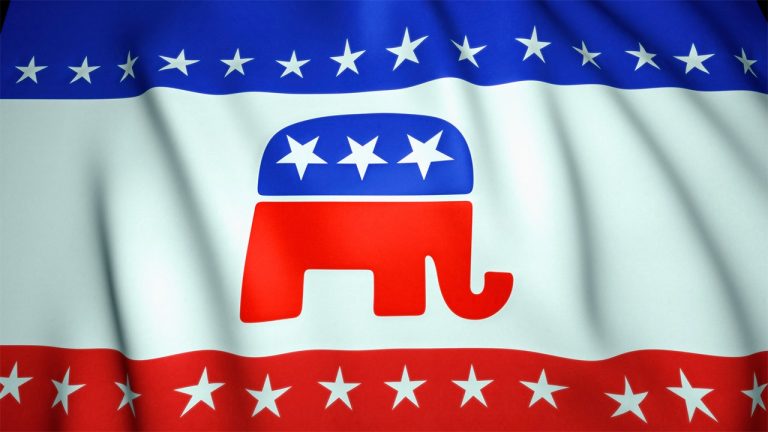Hunter Biden’s emails show that a senior Chinese leader wanted him to visit China for business discussions.
During December 2013, Hunter Biden accompanied his father, former Vice President Joe Biden, on a significant six-day trip across Asia, visiting countries like China, South Korea, and Japan. The trip was not just about sightseeing; it also involved business interactions with associates in Beijing.
One of the notable encounters during the trip involved Hunter introducing his father to a Chinese business associate at the hotel where they were staying. This introduction led to further discussions and business opportunities as they dined with some of the top Chinese Communist Party (CCP) leaders.
Jonathan Li, the mentioned business associate, emailed Hunter during the China leg of the trip, inquiring about how things were progressing. Hunter responded positively, indicating that everything was going well in China.
One particular incident during the trip involved Hunter being seated next to C.H. Tung during a lunch event. Tung, the former Governor of Hong Kong, expressed interest in meeting Hunter during the trip. This encounter led to email communications between Hunter and his contacts regarding potential business discussions with Tung.
Subsequent to this encounter, emails from July 2014 show James Bulger, chairman of Boston-based Thornton Group LLC, reaching out to Hunter Biden to facilitate introductions between their Chinese business associates and Tung. The aim was to establish connections and discuss business opportunities for their joint venture.
The importance of these connections is evident from the urgency in emails stressing the need for Hunter to facilitate introductions with Tung. Despite some initial confusion on Hunter’s part regarding the names of the individuals at the dinner event, he agreed to proceed with the request and sought assistance in drafting appropriate emails in Mandarin and English for his approval.
Tung’s significance in the broader context is highlighted by his inclusion in the guest list for state dinners at the White House during the Obama-Biden administration. His role as Vice Chairman of the National Committee of the Chinese People’s Political Consultative Conference (CPPCC) underscores his influence in Chinese political circles.
The CPPCC, as outlined in reports by U.S. government agencies, plays a central role in China’s United Front system, aimed at aligning non-Communist Party members with the CCP’s agenda. Tung’s involvement in founding the China-U.S. Exchange Foundation further solidifies his connections in U.S.-China relations.
Noteworthy interactions involving Tung include his participation in events with prominent figures like John Podesta at luncheons and dialogues focusing on U.S.-China relations. These interactions reflect Tung’s efforts to bridge the gap between the two nations and anticipate challenges in their relationship.
Additionally, Tung’s interest in understanding African American history and engaging with experts on the subject sheds light on his broader scope of interests beyond traditional business dealings. His organization’s collaboration with firms like Wilson Global Communications underscores the diverse range of engagements Tung is involved in.
Overall, the interactions and connections between Hunter Biden, his associates, and figures like C.H. Tung highlight the intricate web of relationships and business opportunities that transcend traditional boundaries and reflect the complexities of international dealings.








